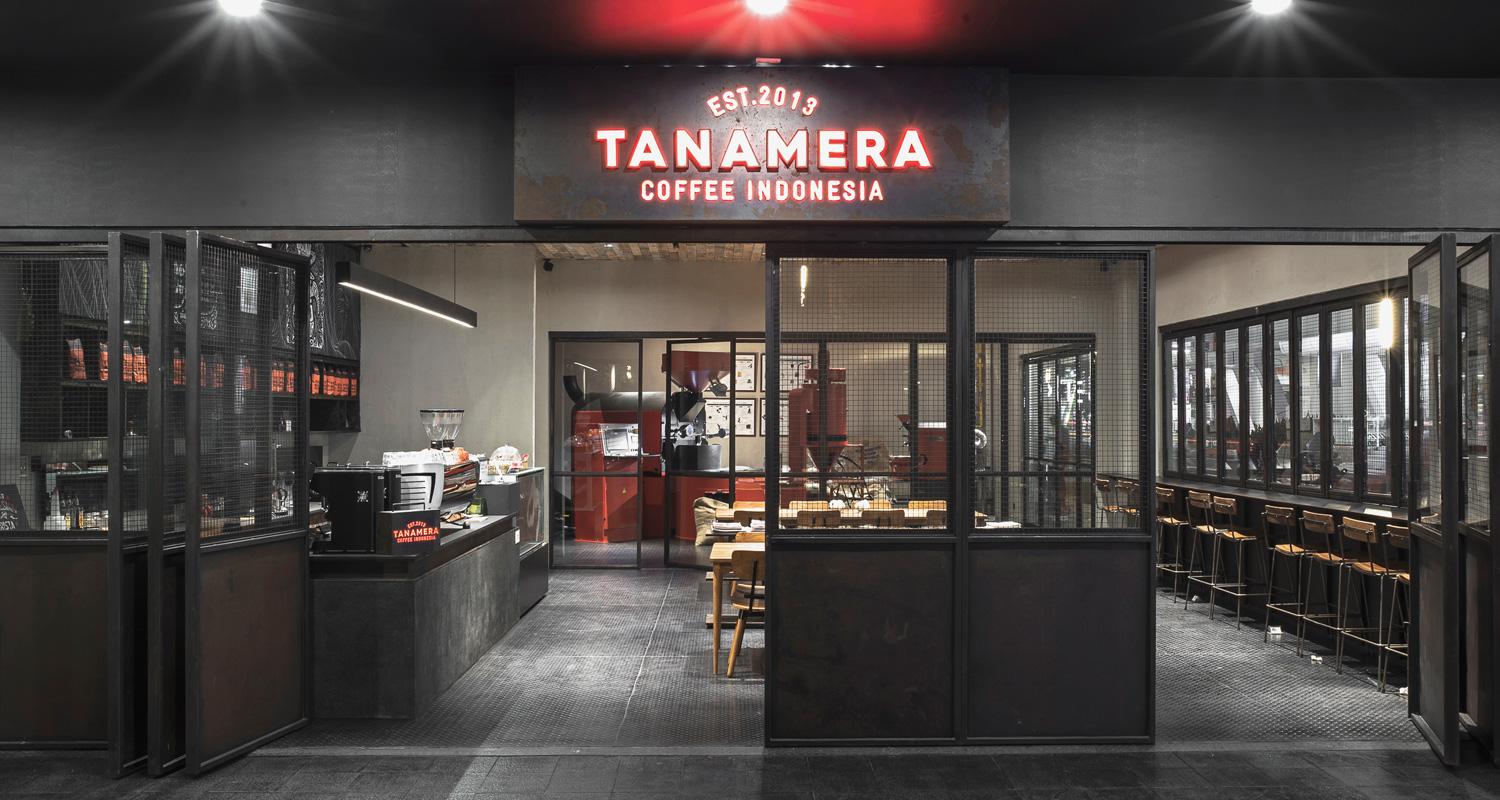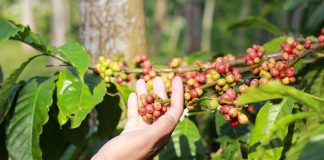We have discussed about the common herbs used in Indonesian dishes. Some of Indonesian dishes use unique herbs that you might never encounter before, and one of them is Keluak. Also known as Kluwek or Kepayang, Keluak is one of the main ingredients in Rawon (Javanese black beef soup), Brongkos (Yogyakarta’s black soup), and several Sulawesi specialties like Coto and Sop Konro. All of those dishes have similar trait: they have deep brown or black color.
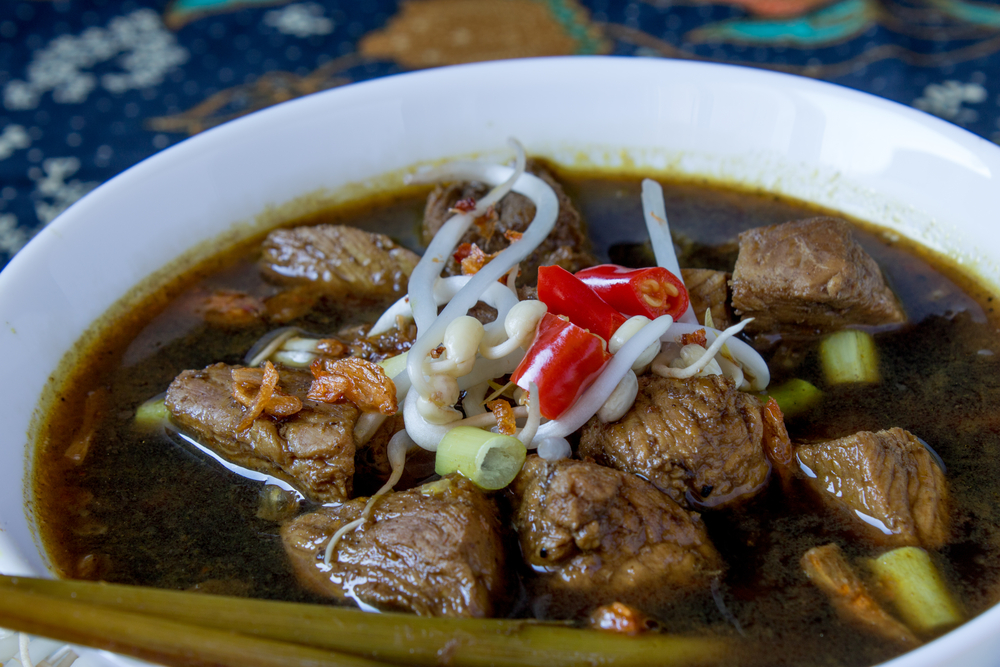
Keluak (Pangium edule) is a tall tree native to the mangrove swamps of Southeast Asia (Indonesia, Malaysia, and Papua New Guinea). The fresh fruit and seeds contain hydrogen cyanide and are deadly poisonous if consumed without prior preparation. So, Keluak that is used in Rawon had been fermented prior to cooking process.
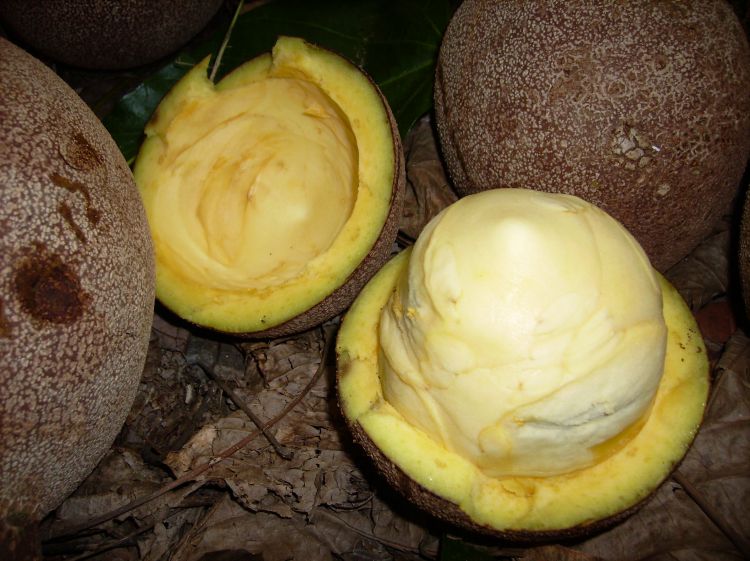
Source: brilio.net
The fresh Keluak seeds are needed to be boiled and then buried in ash, banana leaves and earth for forty days. During which time, they turn from a creamy white color to dark brown or black. The method relies on the fact that the hydrogen cyanide released by the boiling and fermentation is water-soluble and easily washed out.
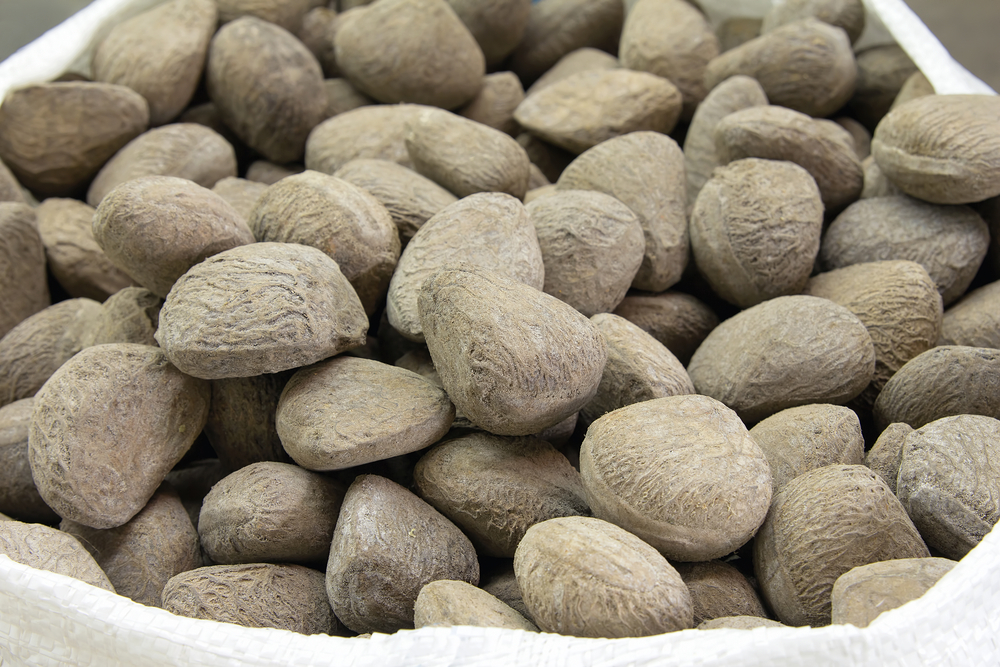
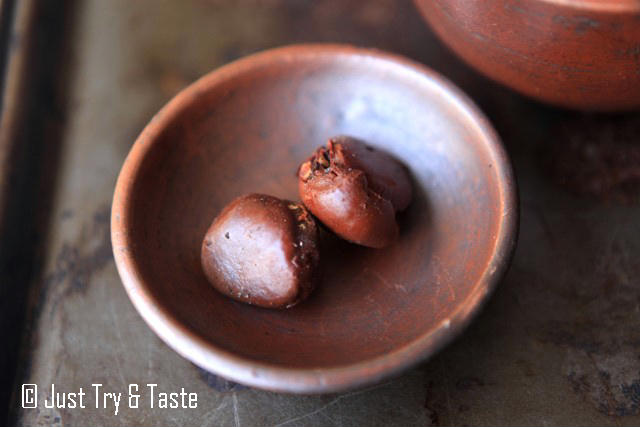
Source: justtryandtaste.com
The Keluak that you see at traditional markets in Indonesia are the fermented ones, so it’s safe to consume. However, many Indonesians believe that not everybody can cook Keluak properly. It is said that the food with Keluak will have a bitter taste and pale color if you do not know the right technique to choose it.
Keluak is also the main herb of Peranakan cuisines like Ayam Keluak (Peranakan chicken stew dish). But now, this fruit is claiming a spot on menus at Michelin-star restaurants. One of them is The Kitchen at Bacchanalia, Singapore. They have a walnut and Keluak pesto to match grass-fed beef, as flavors of the Keluak and beef share similar earthy characteristics.
Keluak’s black color and its ability to give unique flavor to dishes, make it often dubbed as a ‘Black Magic’.



